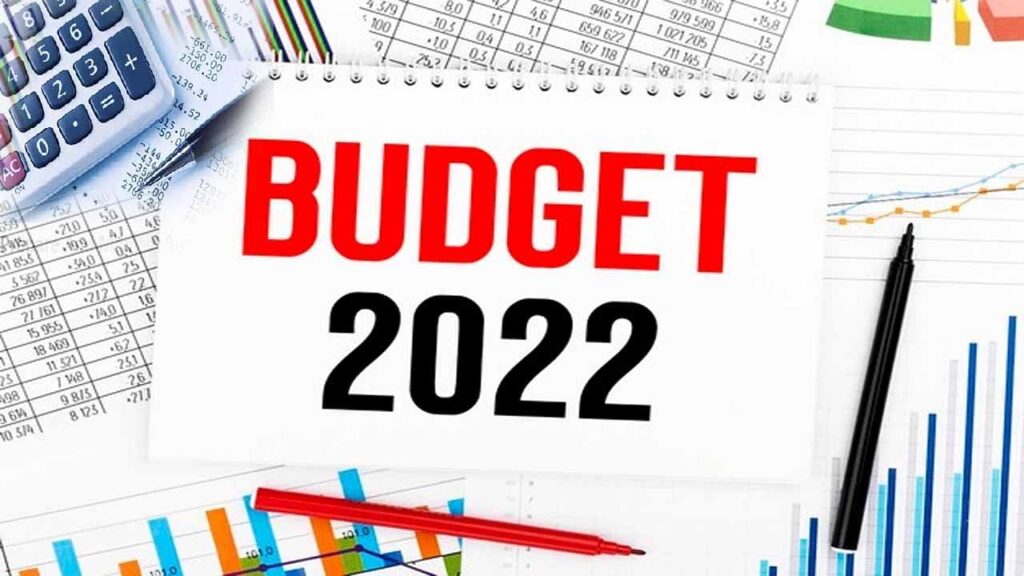India’s 2022 Union Budget has surprised the masses with its new and innovative approach toward mental health. As a reaction to the ongoing COVID-19 pandemic, mental health issues have become more prevalent in our nation, with anxiety and stress disorders becoming more obvious in all age groups.
While previous funding went to central institutes, such as Bangalore’s NIMHANS and Tezpur’s Lokpriya institute, Nirmala Sitharaman’s implementation of the ‘National Tele Mental Health’ program, as well as her investment in the upkeep of 23 of its centres, speaks volumes about the emphasis being put on mental health this year.
Looking at the statistics, we can see that this change had been desperately called for. In 2020, roughly 400 Indians committed suicide daily, which was in part due to the lack of mental health support for the masses.
The Union Budget has increased the budget for India’s health sector overall. There has been a 16% increase in budget when compared to the 2021-22 financial year, from Rs70602 crore to Rs86606 crore.
Other Mental health experts have also agreed that the program will ‘ensure the shift toward normalising conversations on mental health,’ and will ‘encourage people to recognise illnesses and remove stigma in the long run.’
One of the biggest advantages of the ‘National Tele Mental Health’ program is that it makes mental health affordable. In the past, consultation fees may have put people with mental illnesses off from seeking professional health, but this new service (if managed effectively) will negate that problem and ensure a wider socioeconomic outreach.
While the National Tele Mental Health program has been announced and set in motion, India’s increased focus on mental health resources is making itself known in all sectors. Compared to a decade ago, we have made astonishing progress in terms of mental health awareness. The stigma surrounding ‘taboo’ topics, such as schizophrenia and BPD, has been lessened, and workplace equality has become achievable in the near future.
News of India’s budget changes have not only brought to light the neglect shown toward mental health in the past, but has also encouraged firms and companies to expand their horizons in terms of workplace acceptance. At Recovery Hub, we strive to achieve workplace equality, through accommodations and assessments for our clients. Not only will these changes lend our cause more importance, they will also promote change in the sectors we work with.





